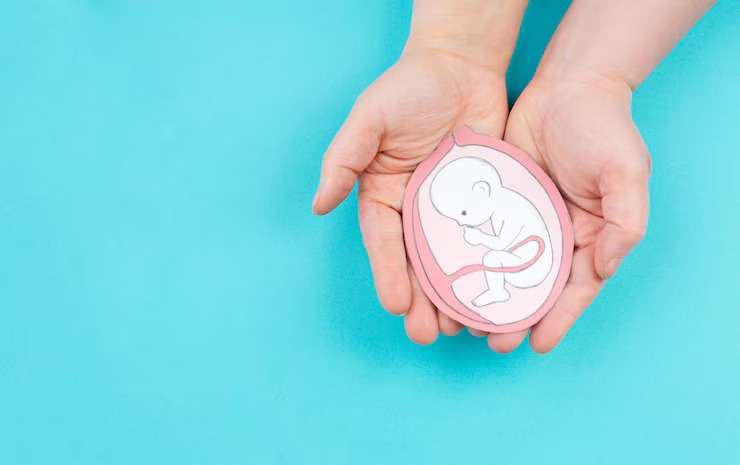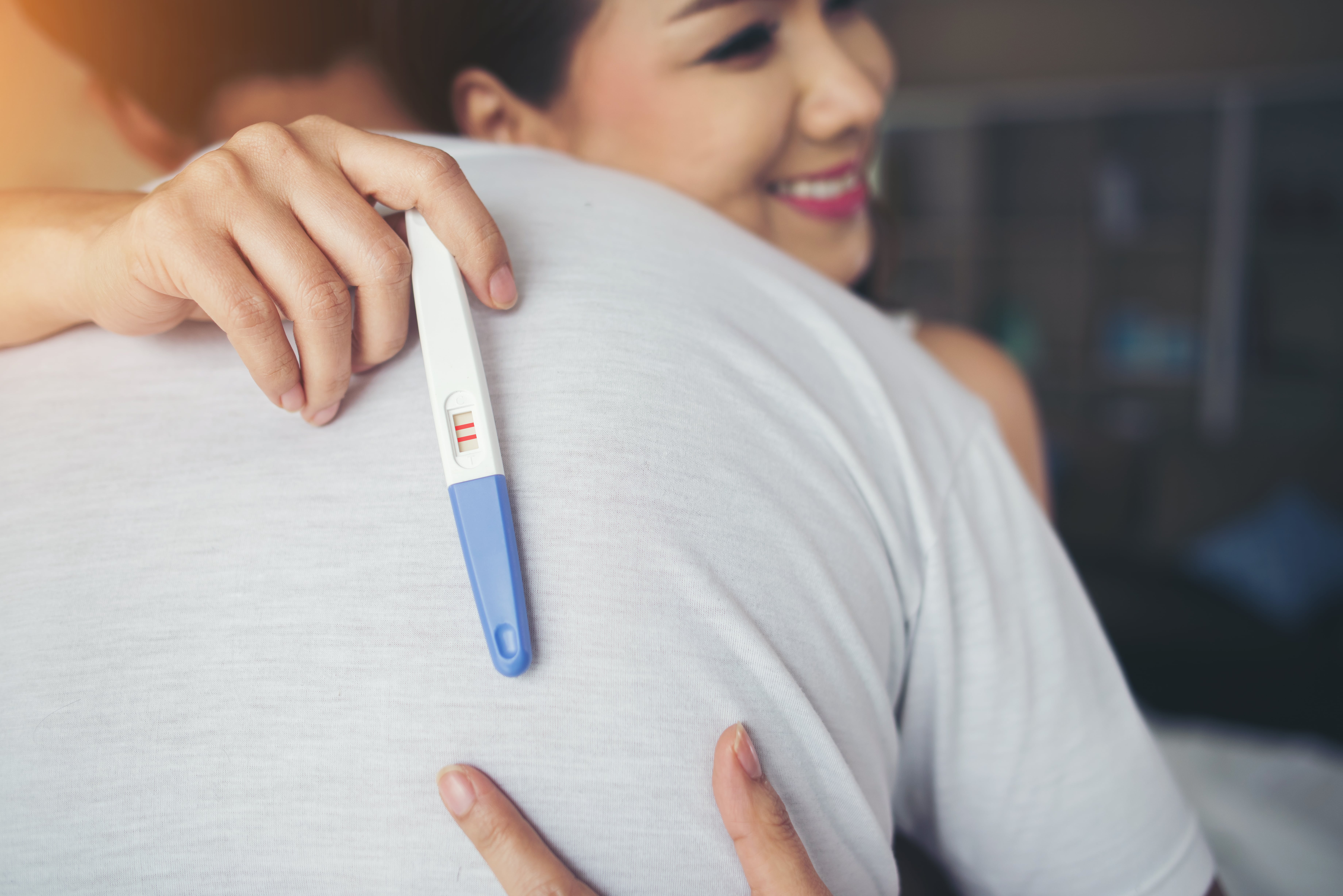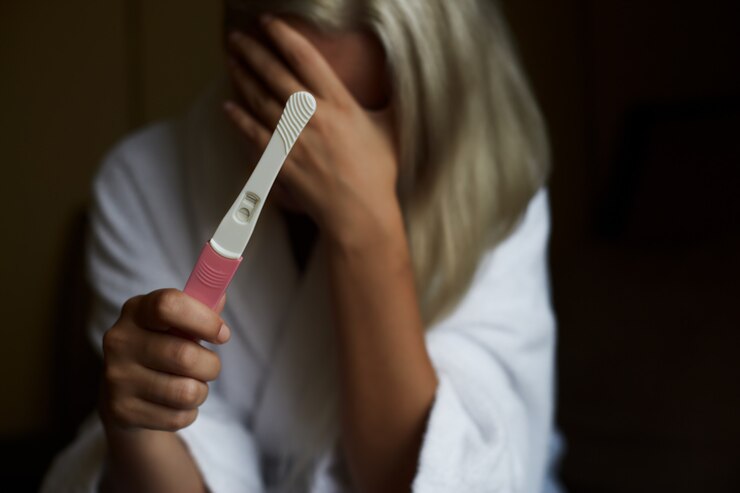Male hypogonadism is a condition that indicates low testosterone levels impacting a man’s quality of life and overall health. In this medical condition, the male body doesn't produce enough testosterone hormone, which affects the development of male reproductive tissues and the maintenance of male secondary sexual features. Testosterone is also responsible for maintaining muscle mass, bone density, red blood cell levels, and a general sense of well-being.
Can You Be Affected By Male Hypogonadism?
Men of all ages can be affected by male hypogonadism. It can affect infants to the elderly and is a result of an issue with the testes or the pituitary gland or hypothalamus in the brain that is controlling the testes.
Symptoms of Male Hypogonadism:
The symptoms might vary based on age and severity of the cognition. The common symptoms include:- • Erectile dysfunction
- • Low sex drive
- • Minima; muscle mass
- • Decreased energy levels and fatigue
- • Mood swings like irritability and depression
- • Loss of body hair
- • Low bone density
- • Difficulty in concentrating
- • Klinefelter syndrome: This is a genetic condition when a male child is born with one extra X chromosome.
- • Undescended testicles : The testicles have not moved down from the abdomen into the scrotum before the birth of the child.
- • Mumps orchitis: Due to the mumps virus, there is inflammation of the testicles.
- • Testicle injury or trauma: Any kind of physical injury to the testicles that can affect its functioning.
- • Cancer treatment : Chemotherapy or radiation therapy that can damage the testicles and also affect the production of testosterone.
- • Pituitary disorders : Tumours and other problems affecting the pituitary gland can wreak havoc with testosterone production.
- • Hypothalamus disorders : Conditions that affect hypothalamus can lead to low testosterone levels.
- • Primary Hypogonadism : This is testicular failure and occurs when the testicles are not able to produce adequate levels of testosterone because of an issue within the testicles itself.
- • Secondary Hypogonadism : This is called hypothalamic pituitary disorder and is a result of a problem within the pituitary gland or hypothalamus in the brain that affects the production of testosterone.
- • Medications and hormone replacement therapies : We provide medications and advise patients with vital hormone replacement therapies to manage this condition.
- • Fertility treatment : For men desiring fertility, we assist with reproductive techniques like IVF (in vitro fertilisation).
- • Lifestyle changes: We encourage our patients with healthy lifestyle habits like a balanced diet, regular exercise, and adequate sleep to support testosterone production.
The Causes Of Male Hypogonadism:
Primary Male Hypogonadism:
Secondary Male Hypogonadism:
The Different Kinds Of Male Hypogonadism
There are two types of male hypogonadism:
Male Hypogonadism Affecting Fertility And Its Diagnosis
Yes, male hypogonadism does affect fertility, and low levels of testosterone can lead to impaired sperm mobility and reduced sperm count. Testosterone is vital for sperm production, and with this issue, men might find it challenging to father children.
At IRM, we conduct diagnosis by studying the medical history of the patient, conducting specific tests and physical examination. With the tests, we measure the testosterone levels and hormonal levels. With MRIs and CT scans, we evaluate the testices, hypothalamus, and pituitary glands.
Treatment of Male Hypogonadism
With the treatment of male hypogonadism, we aim to raise the testosterone levels to normal levels and relieve the symptoms. The treatments include:
At IRM Get Male Hypogonadism Condition Resolved
Male Hypogonadism can significantly impact a man’s overall health and well-being. If you suspect you have this condition and wish to manage it effectively, then we can help you with the right medical attention. But before that, let’s discuss your concerns and get to know your symptoms. Connect with the healthcare professionals at IRM now!





